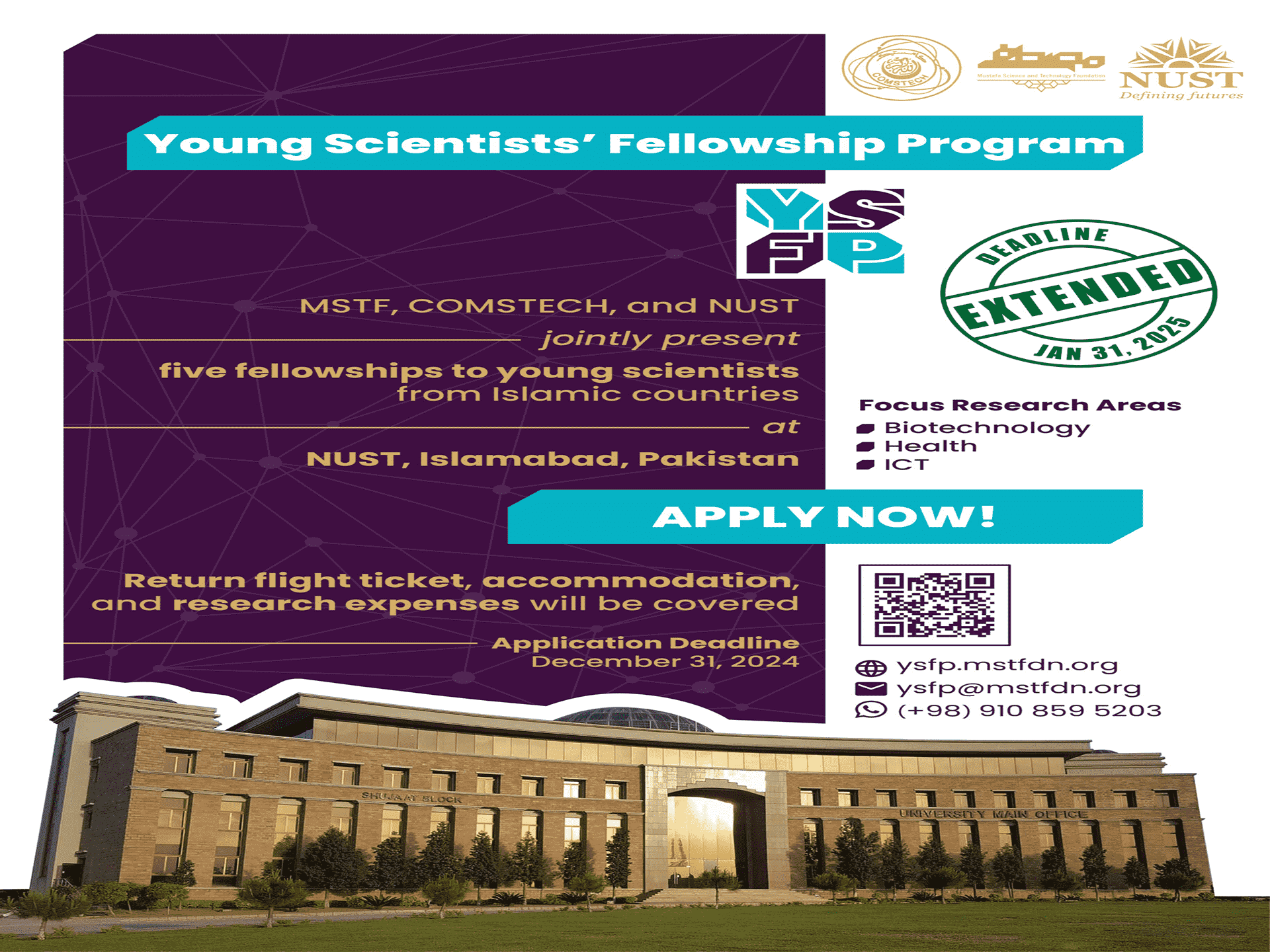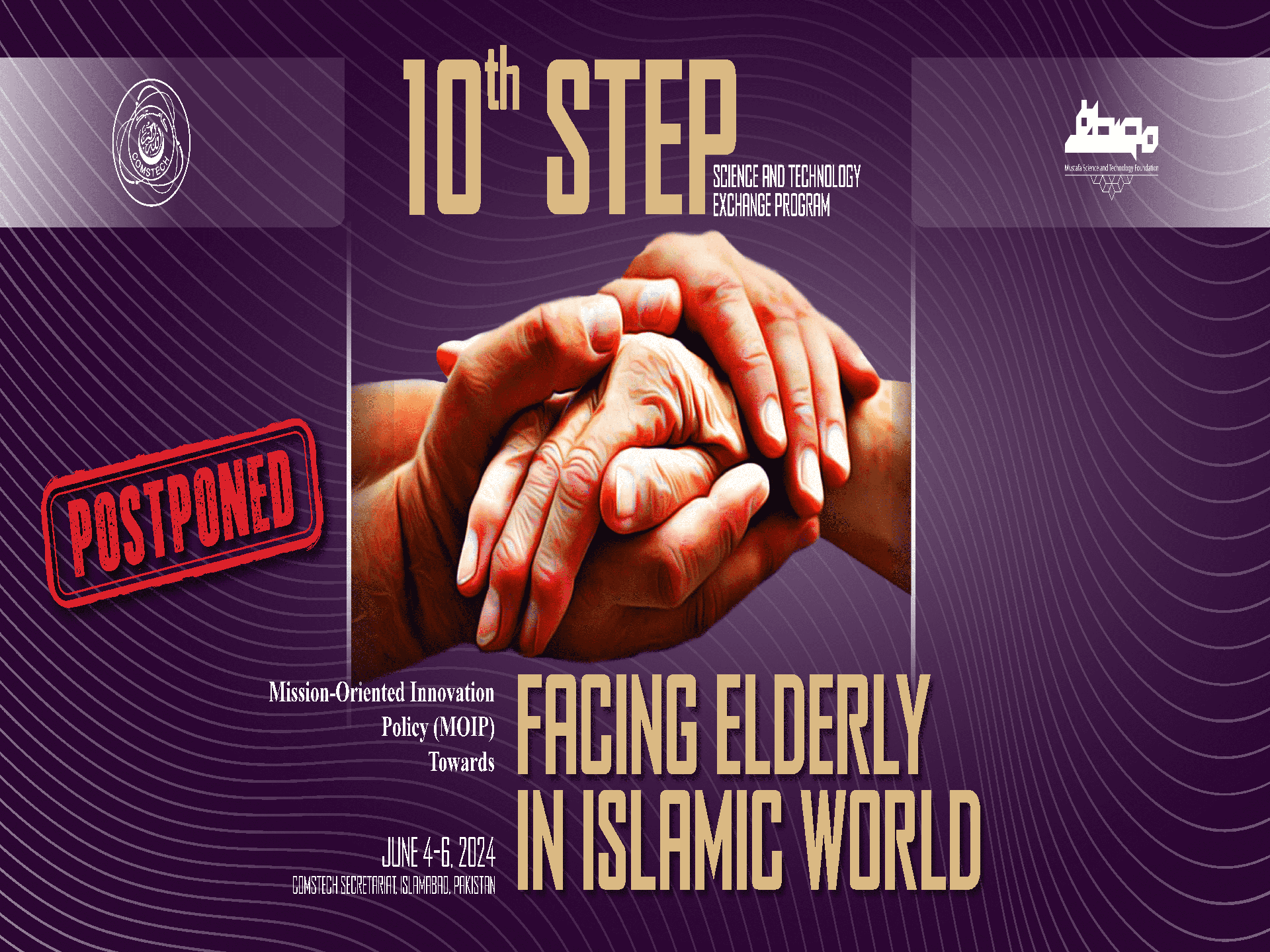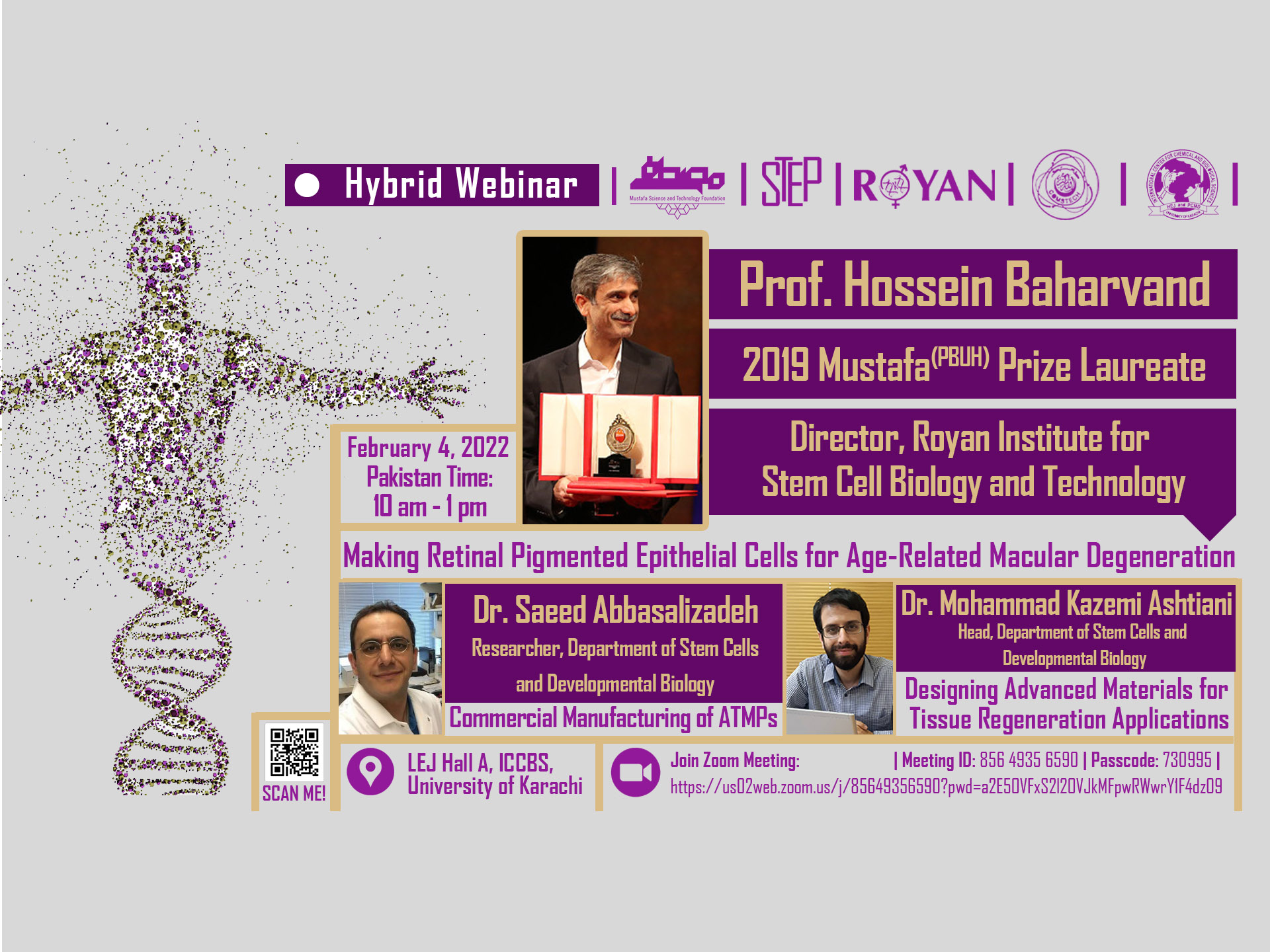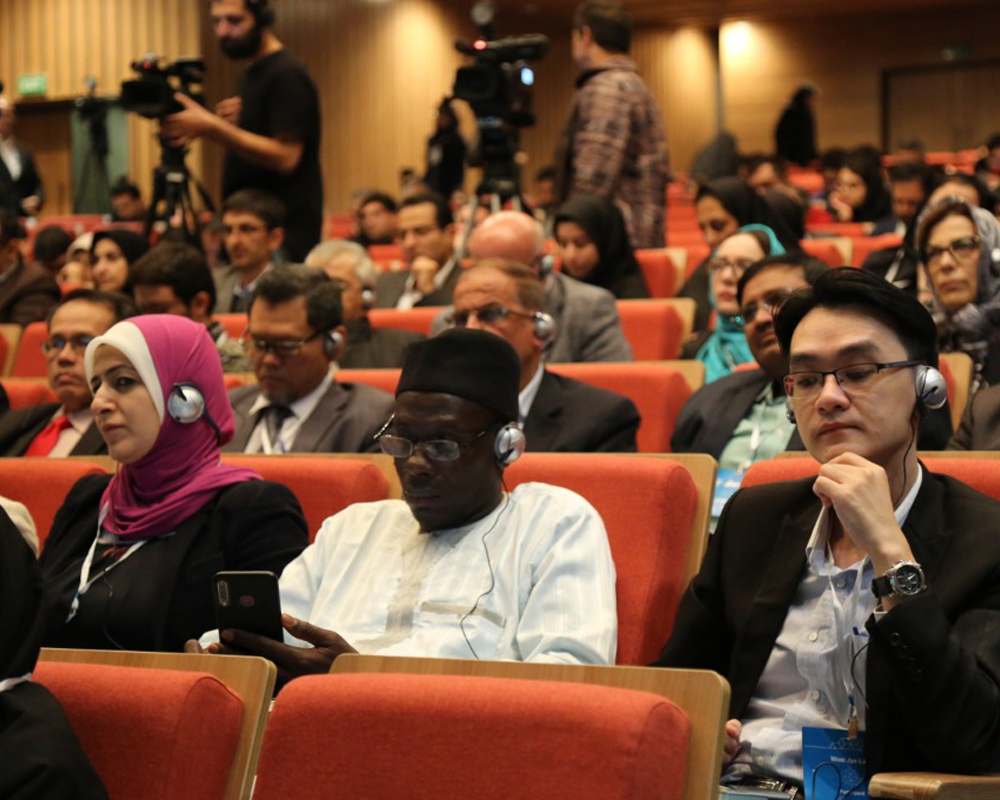TOP STORIES

Mustafa Sci. & Tech. Foundation Takes 4th STEP towards Scientific Interaction
02 Dec. 2018
MSTF Media reports:
Over 80 scientists from 20 countries gathered at Sultan Qaboos University (SQU) in Muscat for the opening ceremony of the fourth edition of STEP.
Deputy Vice Chancellor for SQU Post Graduate Studies. Rahma al-Mahrouqi, delivered the opening speech where she underscored the importance of STEP in the advancement of science and technology in Muslim countries. “Over the next four days, we will hear from Muslim scholars and researchers from around the world and non-Muslim scholars working in Muslim nations; about their achievements, ideas, experiences and challenges in their endeavors with research,” continued Mahrouqi.
STEP, as put by organizers seeks to create a network for scientists to interact and cooperate for an accelerated scientific growth in the Islamic world.
“scientists do not see each other. They do not collaborate. STEP is a platform for us to bring all Muslim scientists together and enhance the quality of Muslim’s life through science and technology,” said Saeed Sarkar who was delivering a keynote speech in the inauguration ceremony.
“The average level of collaboration in science and technology among different countries is around 65%. This is while this figure within the Muslim states stands at less than 40%,” said Saeed Sarkar .
He added that in some countries, human resources is a major edge, but some other countries are powerful in terms of financial resources.
He said the combination of these two resources can lead to accelerated advancement in science and technology.
“Networking and collaboration can enhance the potential. If we come together, the benefit is for all,” he continued.
Member of the MSTF Board of Directors, Saeed Sarkar, believes that the Islamic community is divided, and so is the scientific community in the Islamic world. However, he sees a bright future for the status of science and technology in Muslim countries in light of MSTF’s initiatives such as STEP.
Some 80 scientists from 20 countries as well as 200 academics, students and scholars from Oman have come under one roof to participate in the 4th round of STEP, which started its work on Sunday and will continue for 4 days.
In addition to the main subjects of the forum which focus on Water, Energy and Health, participants in the forum will also discuss ways to bolster scientific ties.
“When you bring scientists together, they will speak in the same language. So, here [in STEP], we have people from different laboratories exposing their experiences, their products and achievements," said Dr. Ali al-Bimani, Vice Chancellor of Sultan Qaboos University.
Health, Energy and Water are the main subjects of this year’s edition of STEP. The four-day event will see presentations on the fields of nanotechnology, biotechnology, Information and Communication Technology and their applications in the fields of health, water and energy.
Laureates of Mustafa Prize including Prof. Jackie Ying from Singapore and Prof. Mohammad Amin Shokrollahi from Iran have also attended the event.
On the sidelines of STEP, a program dubbed Exposure of Industries to Scientists’ Achievements (EISA) is also running. The program aims to create a link between the scientific community and investors, who can help turn scientific ideas into products. EISA includes three main sections of an exhibition, pitch decks and B2B meetings. 25 knowledge-based enterprises from 12 countries are participating in this program.
STEP was launched in 2015 by MSTF as part of its plans to enhance collaboration among scientists. The event is held on an annual basis, but upon the request of Pakistan’s University of Karachi, an extraordinary round of STEP is scheduled to be held in Pakistan from February 27th to March 2nd next year.







